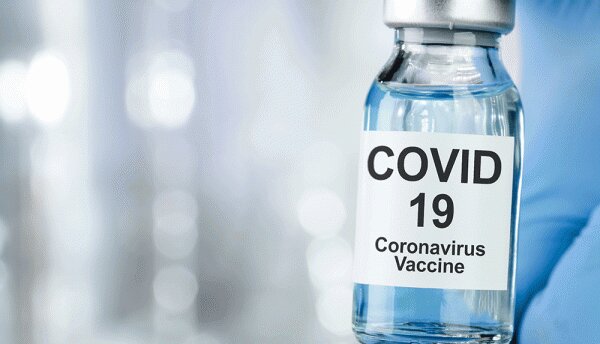169 Egyptian plants ready to produce potential coronavirus drug Avigan if proven effectiveness
169 factories in Egypt are ready to produce the Japanese anti-flu drug Avigan, touted as potential treatments for the novel coronavirus, an official told Amwal Al Ghad on Friday.
Dr. Aly Ouf, head of the Pharmaceutical Chamber at the Egyptian Federation of the Chambers of Commerce (FEDCOC), said if the clinical trials for hospitalised patients showed and proved positive results, the local plants would start produce the new drug.
The antiviral drug, which is also known as favipiravir, has been hailed by several health experts in China and Japan as a potential drug to treat patients infected with the coronavirus. It has been developed in 2014 by Japanese company Fujifilm Toyama Chemical Company, a unit of Fujifilm Holdings.
Egypt has received samples of the Japanese flu drug, its minister of higher education announced on Thursday.
The virus has no vaccine at the moment, he said. “There was no treatment endorsed by the World Health Organisation, but recently, the drug has been hailed by China and Japan,” Ouf added.
The U.S. Food and Drug Administration (FDA) has given the green light on Wednesday for the country’s first clinical trial of the new drug, involving around 50 or 60 patients with the coronavirus, the Boston Globe reported.
Later on Thursday, Fujifilm Holdings Corp announced it would start the second phase of clinical trials of its anti-flu drug for coronavirus patients in the United States.
The trial will involve 50 coronavirus patients in collaboration with Brigham and Women’s Hospital, Massachusetts General Hospital, and the University of Massachusetts Medical School, according to the New York Times reported.
On April 5, Japan’s Chief Cabinet Secretary Yoshihide Suga announced that his country plans to provide nations stricken by the coronavirus pandemic with the drug free of charge. He said the clinical trials were underway in the Asian country to ensure its effectiveness and safety for potential use in treating symptoms caused by the virus.
The Japanese government had received requests for the new drug from more than 30 countries, Suga added.
On March 31, Fujifilm announced the start of a third phase of clinical trial of its drug for coronavirus patients in Japan.
In China, health experts hailed the new drug as “clearly effective” when used on 340 patients in trials in the Chinese city of Shenzhen, as it showed reduced recovery time and improved lung function, The New York Post reported.
These patients tested negative for the virus with a median of four days after becoming positive — much lower than the average of 11 days for those who were not given the medicine, Zhang Xinmin, director of China’s National Centre for Biotechnology Development, told the Guardian.
“The trial also found that X-ray photos confirmed improvements in lung conditions in about 91 percent of the patients who were given the medicine. The number stood at 62 percent for those without the drug.” Zhang said.
“It has a high degree of safety and is effective in treatment,”
Also in March, Nikkei Asian Review reported that Germany’s government wants to purchase large amounts of the Japanese drug to treat coronavirus patients with severe illness.
Germany intends to have short-term stockpiling of the drug, according to the Frankfurter Allgemeine Zeitung.


